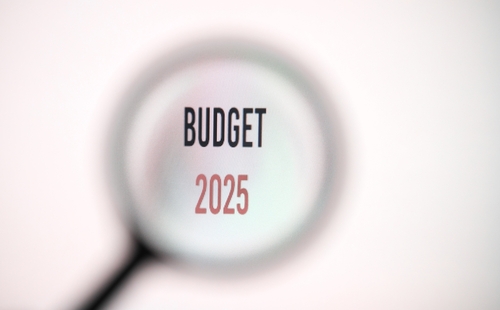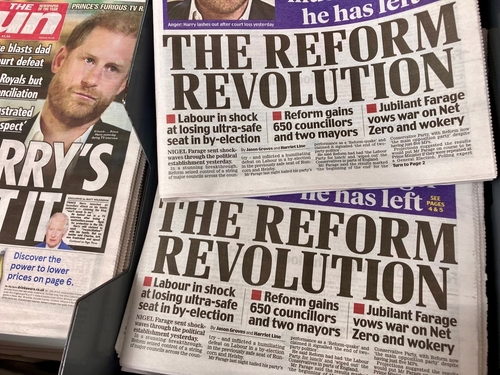New Decade, New Approach: A framework for change - in theory more than in practice

Since the New Decade, New Approach (NDNA) agreement restored power-sharing in January 2020, Northern Ireland has seen important steps forward alongside persistent challenges. Brokered after a three-year political stalemate, NDNA was intended to re-establish the Executive by setting out commitments on public service reform, cultural recognition, and transparency in governance. It was a chance to rebuild public confidence in devolution after years of deadlock. More than five years later, the institutions are working again, but their ability to deliver lasting change remains uncertain.
Of NDNA’s many ambitions, cultural and linguistic recognition is where tangible progress has been made. The appointments of the first Irish Language Commissioner, Ulster-Scots Commissioner, and Director of the Office of Identity and Cultural Expression mark significant milestones. These roles aim to promote inclusion, ensure equality of treatment across communities, and embed cultural respect in public policy. While these developments have been well received by many, they risk standing as isolated achievements unless followed by similar momentum in other areas of reform.
The wider challenge lies in making government function more effectively. While NDNA’s return to devolved power created much-needed stability, long-standing structural issues continue to hinder delivery. Departments often work independently rather than collaboratively, slowing progress on shared priorities. Pivotal’s 2025 report on policy delivery in Northern Ireland highlights this persistent “silo mentality” across departments, the absence of a strong centre of government and an over‑cautious culture that prioritises process over outcomes. Hospital waiting lists remain among the longest in the UK. Support for pupils with special educational needs continues to fall short. Housing shortages in high-demand areas persist, affecting families and young people alike. The Executive’s ability to address these issues will require stronger coordination, clearer priorities, and more accountability.
Financial pressures compound these problems. The plan for multi-year budgets was designed to improve planning and certainty, yet repeated political instability and tight fiscal conditions have limited its impact. Ministers continue to face difficult trade-offs, and major investments in infrastructure, such as wastewater upgrades and environmental improvements, have been delayed. This cycle of short-term focus undermines the long-term policy vision NDNA set out to achieve.
While these financial and political constraints have stalled progress, they have also exposed a deeper issue: the gap between NDNA’s ambitions and its delivery. The agreement set out a broad reform agenda spanning health, education, and the economy, alongside commitments on environmental protection and decarbonisation. Yet without detailed implementation plans, defined responsibilities, and transparent monitoring, these aspirations struggle to move beyond paper. Rebuilding long-term capacity will depend on whether the Executive can now translate those commitments into visible improvements in people’s everyday lives.
The story of NDNA so far has been one of symbolic progress and the restoration of institutional stability. Yet stability alone is not sufficient; the challenge now is to move from stability to effective governance. Without this shift, institutions risk becoming vehicles for managing crisis rather than delivering transformation. Pressures on public services, tight budgets, and growing social need demand a more coordinated and outcome-focused approach. However, as the next Assembly elections in 2027 come into view, the political appetite for such decisions is likely to wane, with parties reverting to safer ground and sharpening their focus on positioning rather than reform. That reluctance risks stalling the momentum needed to turn NDNA’s ambitions into tangible outcomes. The success of the agreement will not be judged by its launch but by whether it can deliver sustained improvements in public services and quality of life. The framework exists; the question is whether there is the collective resolve to use it.
Read more like this

Short-Term Politics, Long-Term Costs

New Decade, New Approach: A framework for change - in theory more than in practice

Reform UK’s Challenge: Expanding Support Without Losing Its Core

From Policy to Practice: Tackling Violence Against Women and Girls in Northern Ireland

